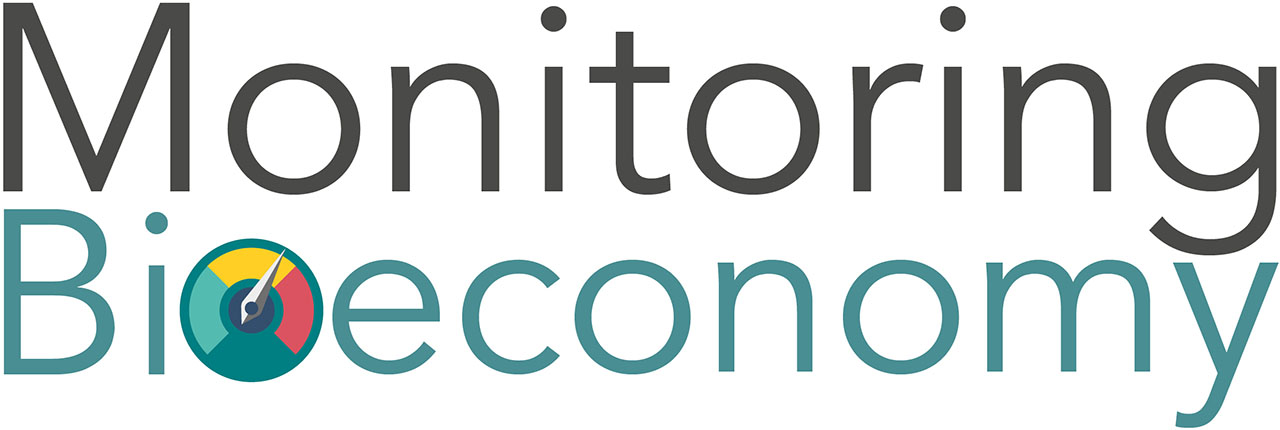The new report by Fraunhofer Institute for Systsems and Innovation (ISI) provides an overview of the assessment of the 12 technology fields in regard to explore the potential development, transformative nature, and impact of bio-based innovations on further deployment of bioeconomy. The assessment highlights the disruptive potential of various technology fields, with some innovations having the capacity to transform entire value chains and industries. While certain technologies offer gradual advances and efficiency gains, others have the potential to create entirely new markets and business opportunities. Identifying pivotal technology fields and understanding their disruptive nature is crucial to capture the trends and developments in the bioeconomy.
Projected economic impacts of bio-based innovations indicate promising growth prospects for the bioeconomy. However, the ecological and social implications of the technology field are not clear-cut and uncertain. While considering the single technology fields there is various potential for environmental impacts, e.g. via higher resource efficiency, less CO2 emissions compared to fossil-based products. However, considering the limitations of availability of biomass, broad diffusion of such innovations may lead to a further increase and further industrialization of land uses as well of potential risks of such technologies. Therefore, it is critical that the transition to bio-based solutions must align with environmental goals. Balancing economic growth with environmental sustainability is a key challenge for the deployment of bio-based innovations.
The report is a publication on "deliverable 1.5.1: Innovation data and tech trends monitoring" in the project SYMOBIO 2.0 – Systemic Monitoring and Modelling of the Bioeconomy.

